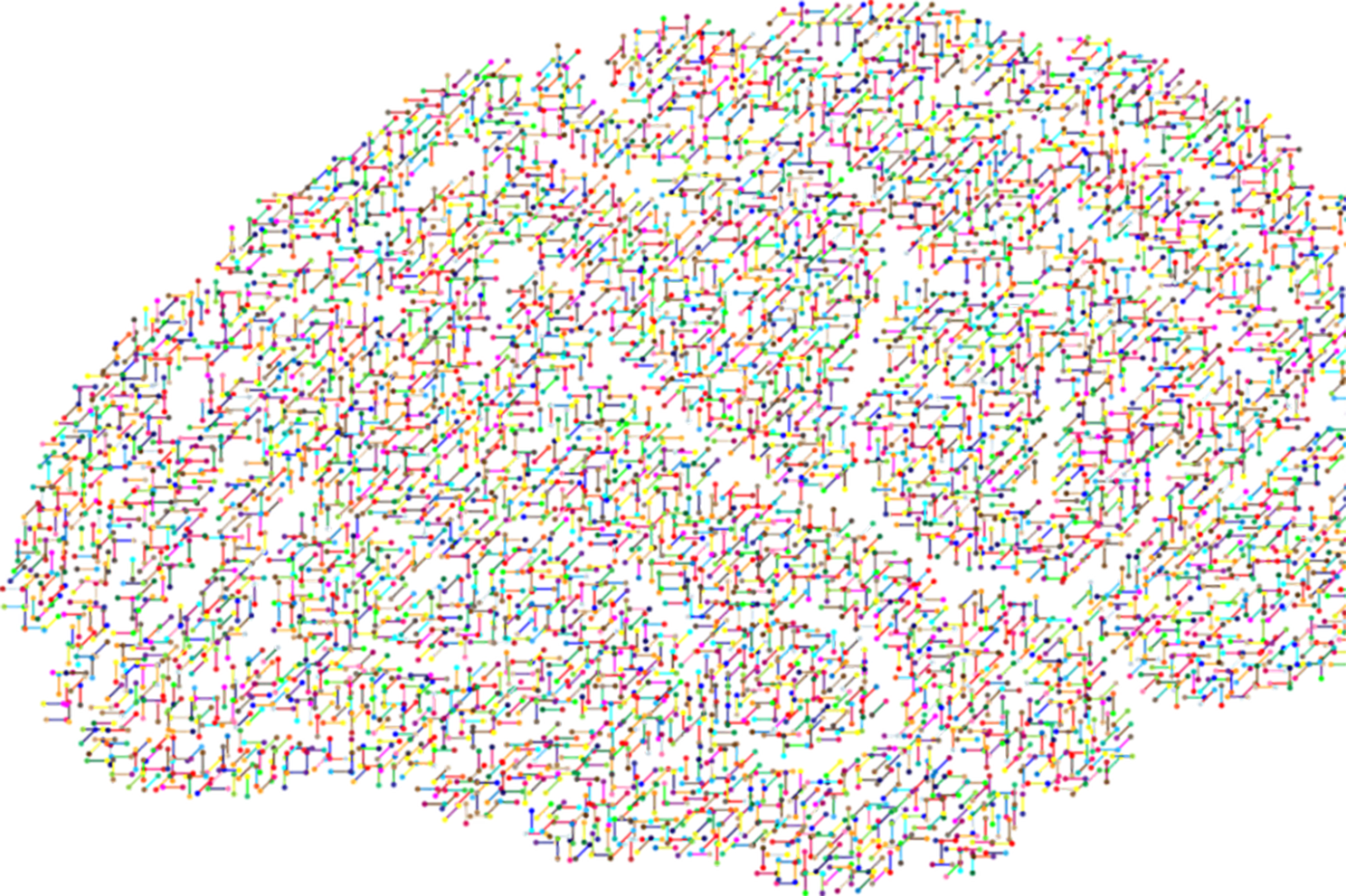Harvard researchers part of new NSF AI research institute

Courtesy of the Harvard John A. Paulson School of Engineering and Applied Sciences
Harvard University researchers will take leading roles in a new National Science Foundation (NSF) artificial intelligence research institute housed at the University of Washington (UW). The UW-led AI Institute for Dynamic Systems is among 11 new AI research institutes announced today by the NSF.
Na Li, the Gordon McKay Professor of Electrical Engineering and Applied Mathematics at the Harvard John A. Paulson School of Engineering and Applied Science (SEAS), is a co-principal investigator at the institute and will lead one of the main research thrusts. Michael Brenner, the Michael F. Cronin Professor of Applied Mathematics and Applied Physics and Professor of Physics at SEAS, and Lucas Janson, Assistant Professor of Statistics and Affiliate in Computer Science will also be part of the institute’s research team.
The AI Institute for Dynamic Systems will focus on fundamental AI and machine learning theory, algorithms, and applications for real-time learning and control of complex dynamic systems, which describe chaotic situations where conditions are constantly shifting and hard to predict. In addition to research, the institute will be focused on training future researchers in this field throughout the education pipeline.
“The engineering sciences are undergoing a revolution that is aided by machine learning and AI algorithms,” said institute director J. Nathan Kutz, a UW professor of applied mathematics. “This institute brings together a world-class team of engineers, scientists, and mathematicians who aim to integrate fundamental developments in AI with applications in critical and emerging technological applications.”
The overall goal of this institute is to integrate physics-based models with AI and machine learning approaches to develop data-enabled efficient and explainable solutions for challenges across science and engineering. The research will be divided into three main thrusts: modeling, control, and optimization and sensors.
Li will lead the control research thrust. Li, along with Janson and the rest of the control research team, will leverage the successes of machine learning towards the control of modern complex dynamical systems. Specifically, they will be focused on several challenges pertaining to reinforcement learning (RL), a class of machine learning that addresses the problem of learning to control physical systems by explicitly considering their inherent dynamical structure and feedback loop.
The AI for control team will figure out how to develop scalable learning-based control methods for large-scale dynamical systems, maintain the performance of the learned policies even when there is a model class mismatch, and guarantee that the systems maintain stability and stay within a safety constraint while still learning efficiently.
“To date, the successes of RL have been limited to very structured or simulated environments,” said Li. “Applying RL to real-world systems, like energy systems, advanced manufacturing, and robot autonomy faces many critical challenges such as scalability, robustness, safety, to name a few. We will develop critically enabling mathematical, computational, and engineering architectures to overcome these challenges to bring the success of AI/ML to our real-world systems.”
Read the full story here.




